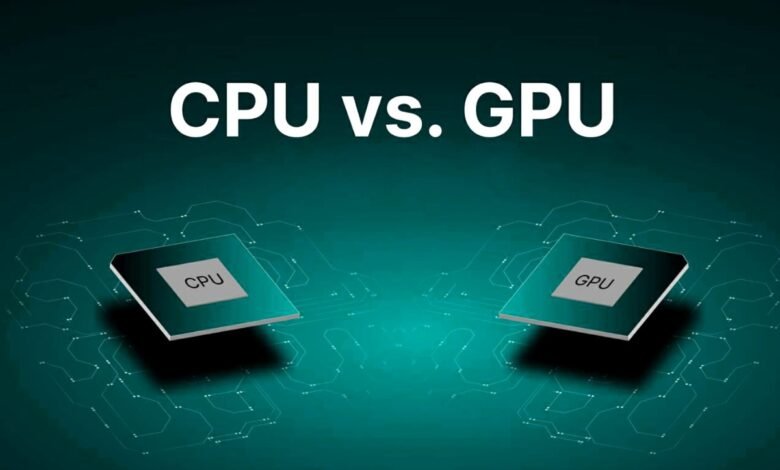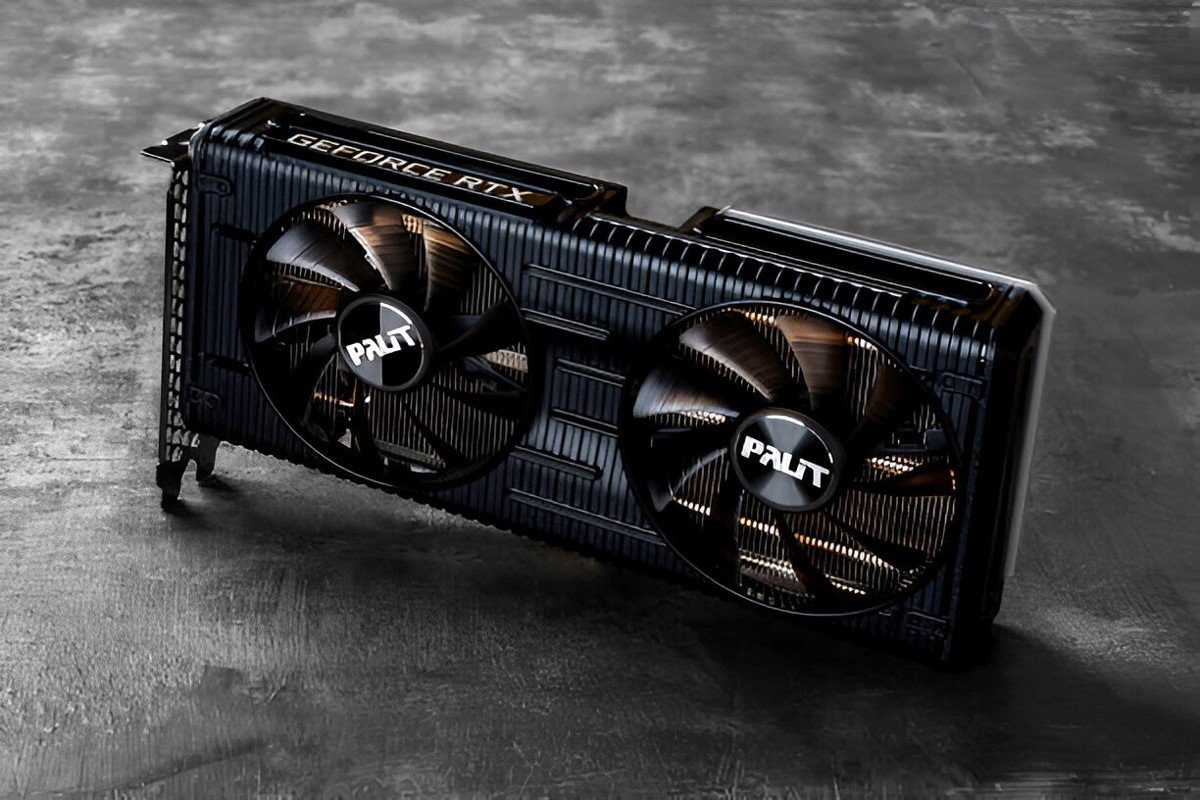CPU vs GPU: Which is Better for Gaming
An gaming PC has many parts, but the CPU and GPU are the two that really affect speed. They are both processing tools that work together to make the game run smoothly, but which one is more important?

An gaming PC has many parts, but the CPU and GPU are the two that really affect speed. They are both processing tools that work together to make the game run smoothly, but which one is more important?
You Get More FPS With A GPU

In general, the GPU (graphics card) has a much bigger effect on how well your PC can play games (“raw” speed). In this case, a $200 CPU and $500 GPU will give you a lot more frames per second than a $500 CPU and $200 GPU. This is because recent video games put a lot of stress on high-quality graphics, and they need the GPU to render the image.
To make the beautiful picture you see on the screen, the GPU has to handle many things, such as high-resolution textures, reflections, shadows, greenery, lighting, ray-tracing, and more. Because it uses a lot of resources, the more powerful the GPU, the better it can handle the work. This means better visuals that look real and/or more frames per second, which makes the game run more smoothly.
The resolution of your computer is also important. If you want to get more than 60 FPS on a 1440p or 4K monitor, you’ll need a GPU that is very strong. Frame generation can help, but you need a GPU that is more recent to use it.
If your CPU can’t keep up with FPS, it doesn’t matter
It doesn’t matter how fast or strong a GPU is if the CPU that goes with it isn’t up to par. This makes a CPU slowdown, which means the CPU can’t keep up with the GPU’s needs. The GPU will have to “wait” for the CPU to catch up after producing a frame. This will lower FPS and, more importantly, cause delays.

The GPU renders everything, and the CPU does a lot of other things. It runs the OS and other apps in the background, handles game physics and logic, AI NPCs, game objects, and more. On a technical level, the GPU shows things on the screen, like particles. The CPU, on the other hand, makes those things and tells them where to go. This is too simple, but I think you get the point.
If you play games on a PC with a slow CPU, you may see that the frames per second (FPS) are pretty good, but the game stutters a lot. When something happens on screen or when you’re in a busy place, the FPS drops by a lot. When I played GTA V, my CPU would really slow down, and my FPS would drop from 30+ to less than 15 every time I crashed my car.
If your CPU is slow, it can make the experience very unpredictable and annoying. That’s why you can’t just update your GPU and expect it to work much better with no problems. Putting a strong engine in an old car is a lot like this. No matter how powerful the engine is, if you speed up quickly, the gear, clutch, and everything else in the car will break.
Increasing the graphics settings is one way to make things run more smoothly when your CPU is slow. Even though it might not make sense, turning up the levels in some games makes the GPU do more work instead of the CPU. Overall, the FPS will be lower, but the performance will be more stable, and big drops in FPS will be less visible. On top of that, the graphics will look better.
Games don’t always use the GPU and CPU in the same way.
The way games use your computer’s tools can be very different. Some games, like Stellaris and Counter-Strike 2, are highly CPU-bound, which means they depend on the CPU a lot to work. The GPU is still used in these games, but it’s not the main thing that makes them run fast.
Games that don’t use a lot of CPU power are called GPU-bound games. There are a lot of different types of games on this list, but Call of Duty: Modern Warfare III and Forza Horizon 5 are two examples of first-person shooters and racing games. Some triple-A games use a lot of resources and can make your CPU and GPU work at their very best. Cyberpunk 2077, Starfield, and Microsoft Flight Simulator are a few examples.
Also, it’s important to note that not all CPU-bound games (or games in general) need a CPU with a lot of real cores. For the best speed in many games, it’s better to have fewer cores that are faster and more powerful.
Keep Your System Optimized for the Best Experience
Based on what I’ve said so far, you need to build a PC that is well-balanced if you want to play games smoothly. You should spend more money on the GPU because it has a bigger effect on FPS than the CPU. I can tell you from personal experience that the GPU can be twice as expensive and still not slow down the CPU.
Prices aren’t the best way to tell how well a game works, though. Instead, check to see if the CPU is strong enough to handle the GPU. Check out a bottleneck calculator first, then some CPU scores that use the GPU you want to buy. Finally, buy the CPU that works well with your GPU without spending a lot of money.
Also, there’s a good case for a GPU bottleneck, which means that the CPU is stronger than the GPU. To begin, GPU bottlenecks are easier to deal with since the graphics settings can be lowered. It depends on the game, but the gameplay will still be pretty smooth.
You might get fewer frames per second now, but you’ll have room to update your GPU when a new generation comes out. When it comes to compatibility, graphics cards are easy to install, and you can easily sell your old one to get some money back. Also, since the CPU is less expensive than the GPU, it’s easy to see why an extra $50–$100 should be spent on it instead.
To run your games, you need to know how a CPU and GPU work together. It’s usually the GPU that does most of the work, but you still need a CPU that can handle it. Depending on the games you play, it’s a good idea to slightly favor the CPU or GPU while still making sure the system is fair.







